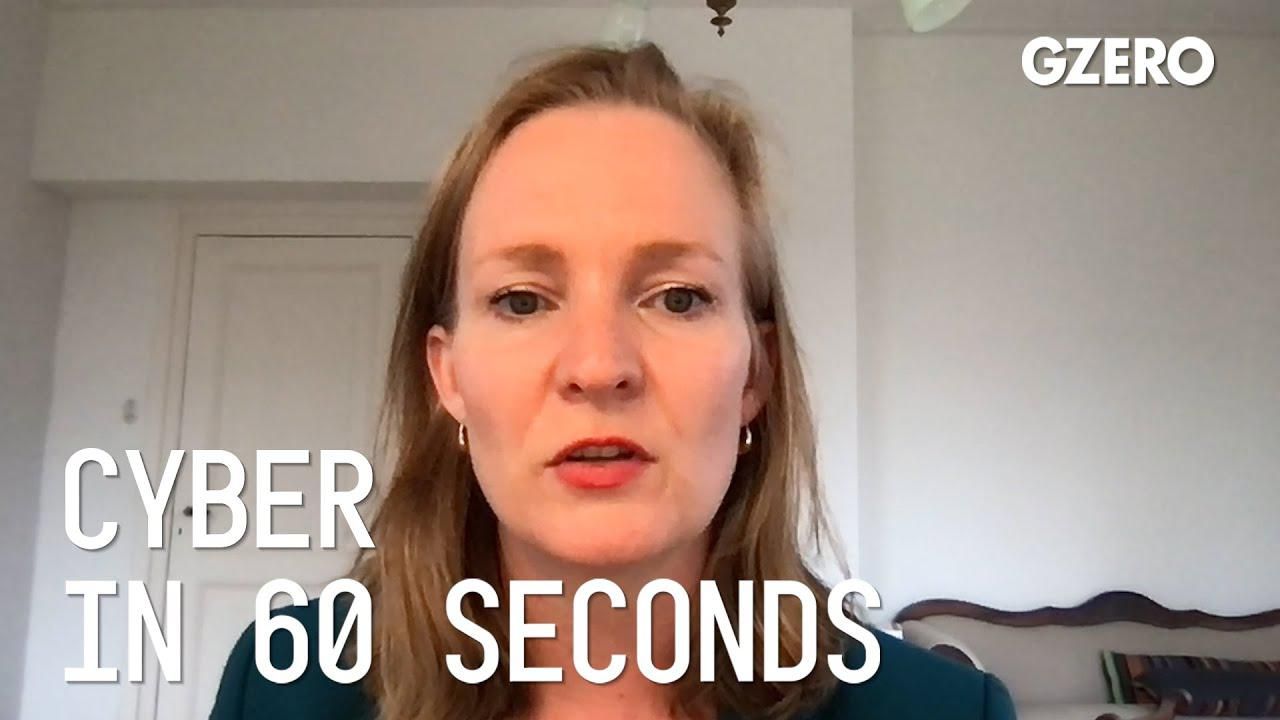
Marietje Schaake, International Policy Director at Stanford's Cyber Policy Center, Eurasia Group senior advisor and former MEP, discusses trends in big tech, privacy protection and cyberspace:
Experts want us to stop using the term "cyber 9/11". Why is that?
Well, indeed many cybersecurity experts, including my brilliant Stanford colleague, Jacquelyn Schneider, have pointed out that a "cyber 9/11" is not the metaphor that helps people understand the actual nature of the threats. You may have also heard politicians warning for a "cyber Pearl Harbor," and indeed experts are also pushing back against this metaphor. Cyberattacks happen often and are maybe more like massive shots of hail. By trying to probe many vulnerabilities and sending multiple phishing emails, criminals and state entities are trying which digital door might open, trying over and over again, and then can help them achieve their criminal, intelligence or geopolitical goals. The notion of a perpetual shot of hail may also make people realize that the attacks can be closer to them, and then empowering them to be part of the solution instead of feeling defeated by the notion of a massive terrorist attack, targeting a landmark far away, and causing major physical and human suffering.
How much should we worry about children's data leaking?
Well, we should worry. And for some reason, despite the risks, educational institutions are not part of critical infrastructure, even if between universities and schools, vast amounts of data that can be exploited for espionage or distortion are kept. So, I believe more support needs to be unlocked to prevent criminals from easy successes, and to support schools, universities, and other educational institutions with public resources and very solid expertise. And including them in a critical knowledge infrastructure category, might actually help